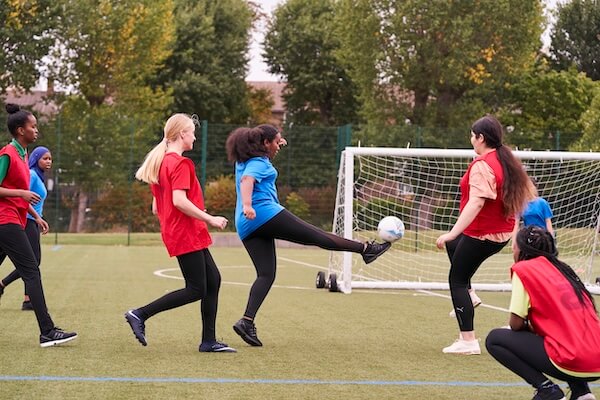
There are many benefits to exercising, including weight loss, increased energy, and improved sleep. People that work out at the same time every day find it easier to stay motivated and committed. However, there is no “best” time of day to work out. The best time for you might vary depending on your personal preference. It could be morning because you like to start your day off with a workout or it could be night because you like to unwind after work. This article will give you some tips on how to figure out what the best time of day is for you.
What is your best time of day?What is your best time of day? Is there a certain time that works well for you? Most people have a preference. The best way to figure it out is to experiment with different times and see what works best for you. You can also find more information on the benefits of exercising at different times of the day.
In the morning:
Morning workouts help boost energy and control appetite, which is great if you’re trying to lose weight. However, mornings may not be as convenient as they used to be now that we have children and other commitments. But if you can pull it off, morning workouts might be your best bet!
In the evening:
On the other hand, evening workouts might better suit those who work full-time or those who prefer evening activities such as dinner or television. Some people find it easier to focus on working out when they get home from work because they’ve already had a long day and are ready for some relaxation and exercise before bed. On the flip side, this could become frustrating for those looking forward to relaxing after work and don’t want anything else on their agenda before going home.
What are the benefits of working out at a specific time?Working out at a specific time every day has many benefits. Not only does it help you maintain motivation, but it can also make it easier for you to plan your day around your workout. For example, if morning is the best time for you to work out, then you can wake up earlier and go to bed earlier in order to get enough sleep. This would allow for more consistency in your daily routine. Another benefit of working out at a specific time is that it gives you an opportunity to set your mind on what your workout will be before the day gets started. If you have a busy morning, then evening might be the best time for you because that's when stress levels are low.
Other factors to considerFinding the best time for you to work out is all about preference. But there are some things to keep in mind when looking for the right time for you.
1. Consider your sleep schedule
If you’re waking up early, getting a morning workout might be a good idea. However, if you work a night shift and need to sleep during the day, a morning workout might not be a good idea because you won't have enough energy at that time of day. Consider your body's natural rhythms.
2. Find something that works with your commitments
If you have kids or other commitments, find a time that doesn't interfere with those commitments so they don't get in the way of your fitness routine. If you're looking for a morning routine, consider what time of day is best for routines like taking care of kids and making breakfast before going to the gym in the morning. Or if you'd prefer an evening routine, make sure it can fit into an evening schedule without interfering with family or work commitments.
ConclusionEveryone is different, and what’s best for you may not be what’s best for someone else. That’s why it’s important to find the time of day that you’re most likely to stick to your workout routine. And while some people may find success working out in the morning, others may find that they need to take time for themselves after work or on the weekends to exercise.
The key is to find a time of day that works for you and your schedule. It’s your time—make it count!
Share your story and inspire others
Got a great tip or a story to inspire others? Join the KeepActive Facebook group or tag us on Instagram or Facebook to share your tips or story. There are a lot of people unsure about starting their fitness journey or meeting strangers, seeing stories and photos from other people can inspire others to take their first step.






